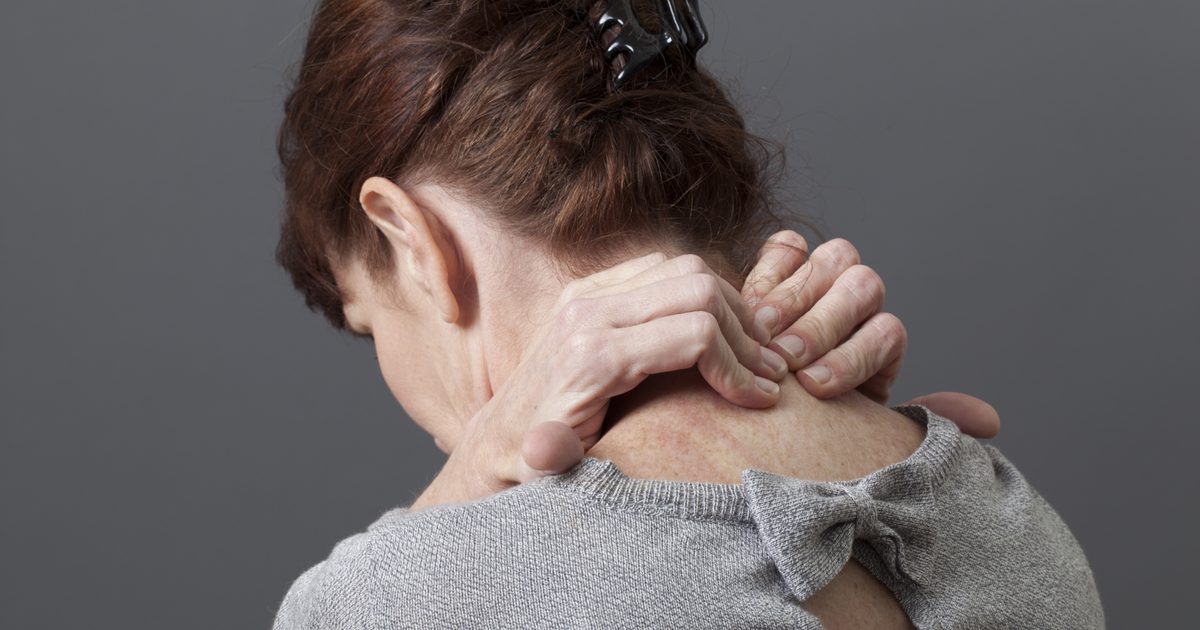What Are Common Herniated Disc Symptoms?
Pain With Certain Movements
The human spine allows for extensive mobility and each individualized level of the spine consists of two adjacent vertebrae and the intervertebral disc between them. When analyzed, the vast majority of movements occur through the spinal disc with the vertebrae providing stability. This means every movement that doesn't hold the area of a disc herniation completely still causes stress to the injured disc. Just like any injured tissue, herniated discs can generate pain or discomfort. However, not all actions impact the injury in the same fashion, making it common to experience pain with certain movements only. Which movements will those be? This is determined by the area involved, the severity of the injury, as well as the overall health of the other structures in the spine.
Get the details on more herniated disc symptoms now.
Worsened Pain At Night

There is nothing more frustrating than not being able to sleep through the night. When someone struggles with pain, mobility loss, weakness, numbness, or tingling throughout the day, surely exhaustion takes over and their herniated disc is no longer problematic, right? Not always. Disc herniations may generate worsened pain at night. One of the theories as to why this occurs is known as The Gate Control Theory of Pain, which is based upon the premise that nerves can only carry a finite amount of information. During the day, the brain processes all sorts of data, meaning it is distracted from the pain. At night, the pain may intensify when these distractions are eliminated. Another theory claims pain may also be worsened at night because all day long body weight is pressing on the herniated disc, increasing its workload. With hours of repetition, this fatigues the injured disc, intensifying the pain during the night.
Get familiar with another symptom of a herniated disc now.
